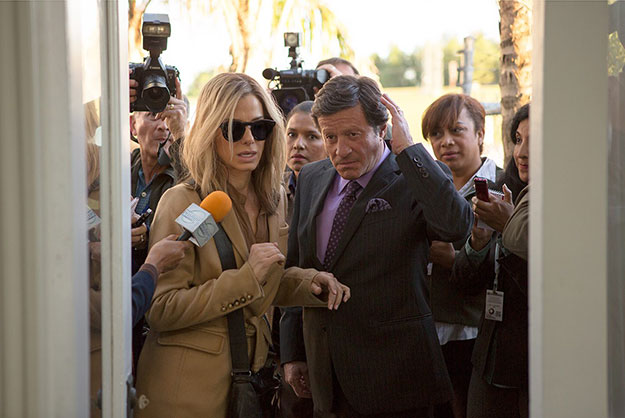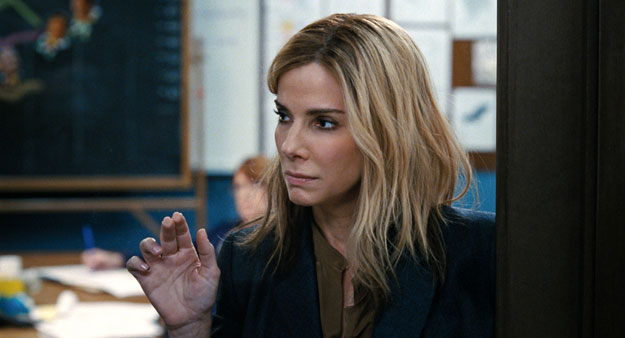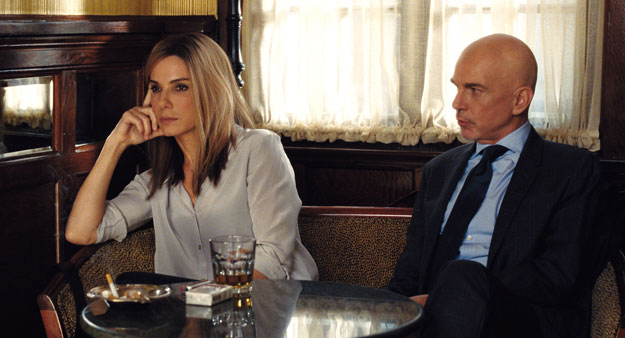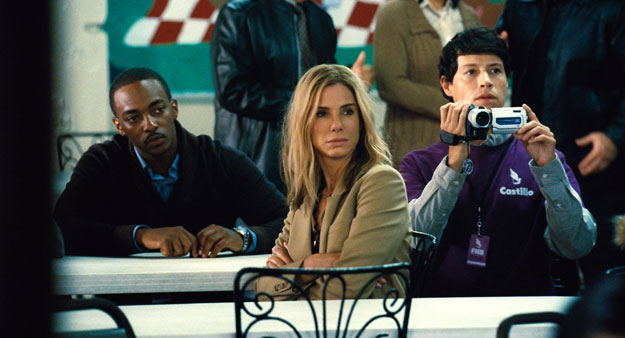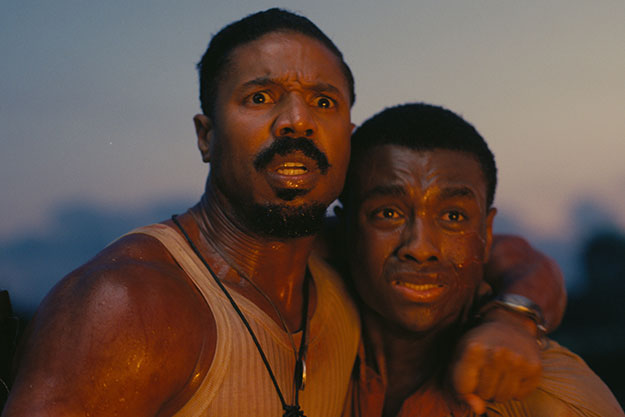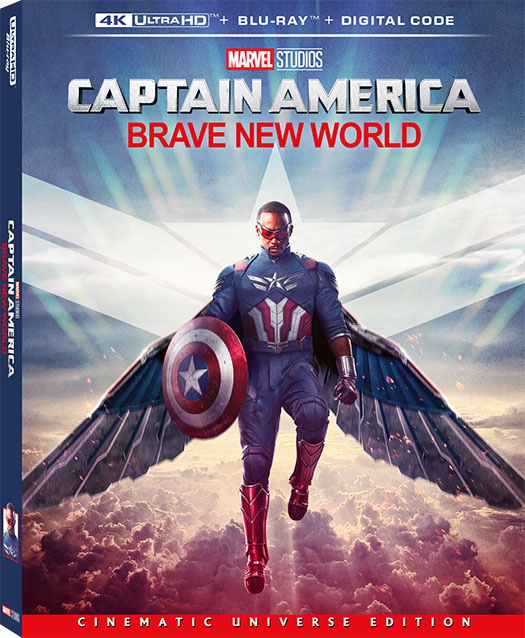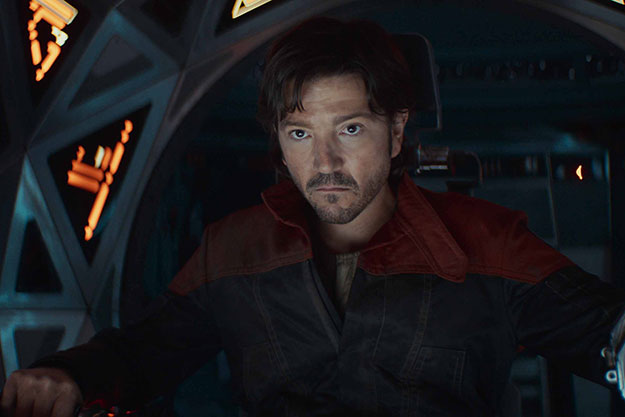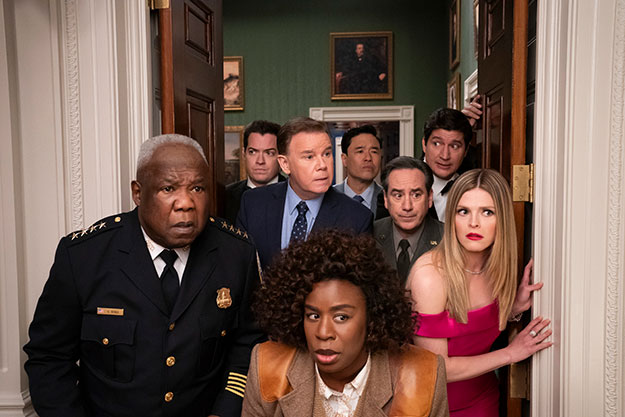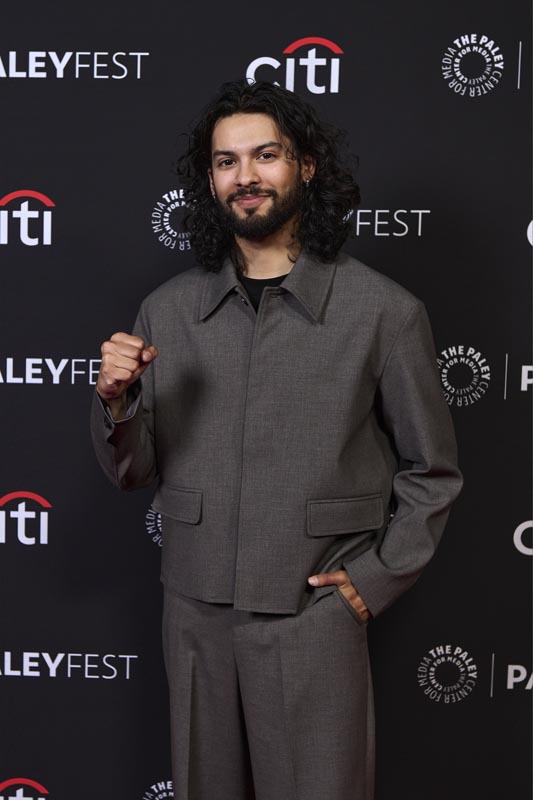‘Our Brand Is Crisis’ is An Emotional and Eventful Satire About Politics
A film that penetrates an election, its process, and most importantly its strategy. In Our Brand is Crisis we are given the picture of the struggle of not just one man and its strategist, but of its nation. It's no secret that for centuries we've lived through wars, discrimination, battles, and unpredictable elected officials. But when it comes to helping a politician for the greater good of the country, even if you know all the "skeletons in the closet", how do you know you've made the right decision? Judgements fail and when money and power motivate, how can you tell if they're telling the truth? The answer: you don't.
Written by Peter Straughan, Our Brand is Crisis was suggested by the documentary (of the same name) by Rachel Boynton. A documentary that highlights the American marketing techniques from 2002's Bolivian presidential election. While the film is based on the real events, Our Brand is Crisis takes you into a satire, where comedy is not forgotten and the events are still both real and relevant. George Clooney affirms, "We changed the names because we weren't doing the exact same story. That will get you in trouble any time you keep the real names and change the story. We didn't change it to disassociate from anybody. We knew if we were going to visualize some pieces of it, we were going to have to change the names, like we did on Michael Clayton. In that, it was clearly about a much different industry than what we were doing and it was because we had to change the names. You do that so you don't get sued a lot."
This eventful and emotional story showcases more than one side of the realities of elections, countries living in crisis and the people we elect, as well as those who guide them. The fraud, however is not that they guide them to win, it's that they can. When Sandra Bullock first read the script she thought, "'Wow, it's really interesting that this is what I've been thinking about.' The universe gives you something that might be set in Bolivia, but it could be set anywhere. It's about who is willing to get off the carousel of success, winning, making money, and how they look to let that go and put their neck out for the greater good." She expresses, "Have we all gotten too scared and too safe? I don't know. That all stands from how I grew up. My parents broke the mold. They did things that were not fashionable. My mother was definitely ahead of her time as a woman. I never realized that there were limitations on women, and that I was looked at as less than until I was actually pretty deep in this business. I had a pretty unsettling moment at one point and said, 'Oh my God, I'm being treated this way because I'm female.' So a lot of things started bubbling up, to blossom in me. I don't know if it's politically Republican or Democrat, but I grew up to be exactly who I was suppose to be and have the opinions I wanted to have, and didn't realize there were limitations to that. I thought, politically, I was pretty open-minded and could speak my mind, and then I realized I wasn't supposed to."
Sandra Bullock and Joaquin de Almeida awaken two strong characters whose presence become Jane Bodine and veteran politico Castillo. But the brilliancy of the performances between Billy Bob Thornton and Sandra Bullock are beyond words themselves. Bullock's character, Jane Bodine faces her professional adversary, Pat Candy (Thornton) again as he coaches the opposing runner for the election that may change the future of Bolivia. In creating these characters, Billy Bob points out, "We had a relationship in real life, which shows in the movie."
To that, Bullock adds, "What we did was allow certain awkward and uncomfortable moments from obviously the demise of our characters' relationship to seep into various moments that were pivotal to the script. We said, 'Is this appropriate to allow in what happened when you did that really horrible thing to me into this moment?'... We found a good balance with that, which I think kept the script alive. Sexual tension is unstoppable. You can't manufacture that. It either is there or isn't. I think what you see is the end results of our power." Billy Bob also said that in all seriousness, "The script is so well written, that we essentially just had to kind of do what was there. She's [Sandra] not only talented but easy to be around. There's not much of a way to be anything other than natural."
Also on the cast, and players of Janes' same team are a group of key characters. Anthony Mackie plays Ben, a team leader, who as Mackie describes is "the guy who doesn't have all the answers but he definitely knows how to impose his will." He explains, " I definitely enjoyed the moral aspect of Ben. I felt like there was a tranquil idea of humanity that was in him. He never allowed his outside relationship with the world to influence exactly who he was in a negative way." Adding some humor to moments that may resemble some tension is Buckley, played by Scoot McNairy. "He kind of gets into this thing as if it would be just like in advertising, you know branding something. And I think that when he gets down to it, he realizes he's very much a fish out of water in this environment." In an environment involving politics, one cannot play without an investigator. Zoe Kazan was the perfect cast for the role. "LeBlanc is the person who keeps her comments to her self a lot of the time. So it's easy to look like the smartest person in the room because she's not saying what she's really thinking," she comments.
This film, however would not have had the emotional balance and innocence of a true Bolivian without Eddie. Director David Gordon Green admits this was a specific role that involved substantial outreach and Reynaldo Pacheco was the man for the job. "In a lot of ways he's the heart and soul of the movie and a pivot point for Jane Bodine's character. He represented a lot and it was the one substantial role I felt needed to be Bolivian and when I met Reynaldo, he had that energy and that innocence." Reynaldo explains the experience as an emotional one. Being Bolivian he recalls, "moments in my house with my family, with my mom. When they were worried or crying for what was happening in the country. That gave me a close connection to how serious this was for us, for Bolivia." Pacheco also explains that as an actor, Eddie was an experience in and of itself. "As an actor for me it was a very interesting journey because Eddie is so open, so honest, so transparent, so truthful. We all have that within us but in a way we block it for protection as we grow older." Reynaldo's character is the voice of the Bolivian people in a way. As the story unveils, we see the effect of false promises taking you directly into an emotional journey and raising the question of a true crisis and at what point does it end.
Our Brand is Crisis opens in theaters Friday, October 30.






